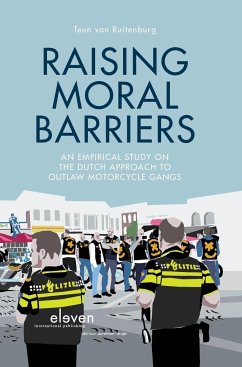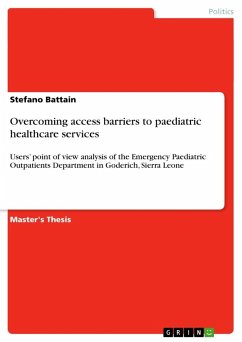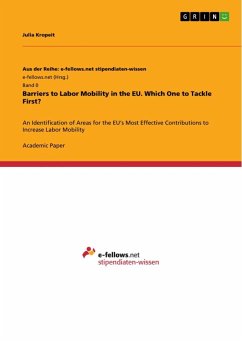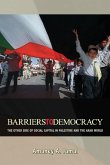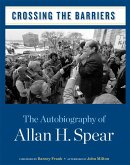This book is about the concerns and unremitting attempts of Dutch state authorities to control and raise barriers against outlaw motorcycle gangs. It discusses how Dutch mayors go to great lengths to prevent the settlement of outlaw motorcycle gangs in clubhouses and bars; how state authorities look for ways to divert members away from civil service and private security companies; how the Dutch National Police attempts to frustrate the internal cohesiveness of outlaw motorcycle gangs through criminal investigations; and why the Dutch courts recently banned a number of clubs at the request of the Public Prosecution Service. In the attempt to describe, understand and explain this approach, this empirical study builds on the work of several scholars who all in their own way characterized contemporary society by the efforts to prevent crime in the earliest stages possible, which attempts are inherently coupled with a focus on the 'future', 'threats', 'dangers', 'indicators', 'barriers' and 'risks'. By conducting a social constructivist analysis through time, the author reveals that the approach to outlaw motorcycle gangs has made a 180-degree shift from inclusion in the 1970s to exclusion in present times. In doing so, it is argued that today's efforts to raise preventive barriers against outlaw motorcycle gangs must not be solely explained by the urge to prevent crime, but also as a way to mark the moral boundaries of society.
Hinweis: Dieser Artikel kann nur an eine deutsche Lieferadresse ausgeliefert werden.
Hinweis: Dieser Artikel kann nur an eine deutsche Lieferadresse ausgeliefert werden.

